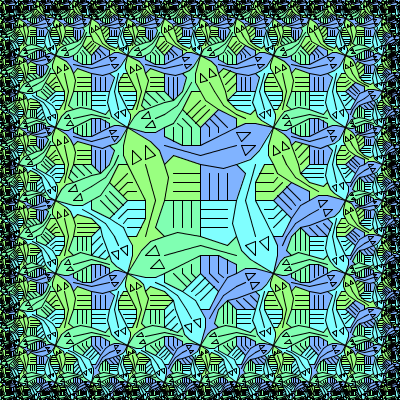What is Computer Science about?
Computer Science is about learning and understanding the mathematical, scientific and engineering principles underlying every kind of computing system, from mobile phones and the internet, via systems that interpret natural language, to the supercomputers that forecast tomorrow's weather or simulate the effects of disease on the human heart.
To be a successful Computer Science student, you will need a curiosity about how things work, and the ability to use mathematics to solve problems creatively. Our course starts with the fundamentals of computers and programming, so it is not necessary to have studied these subjects before coming to Oxford.
As a university subject, Computer Science goes far beyond the applications you might learn about in school; just as a course on transport engineering would go beyond what you might learn in driving lessons or a car maintenance class.
Our graduates go on to careers in many fields that need an understanding of computer systems, what they can (and cannot) do, and how to design them: from computer manufacturers and software firms to management consultancy, finance and teaching. But whatever you do after leaving Oxford, our Computer Science degree offers you the chance to spend three or four years studying a fascinating subject in one of the world's most beautiful and interesting cities.
 If you are going to study Computer Science at university, it's important
to know what the subject is about. Here are notes and slides from two
talks (prepared for open days in Oxford) that answer that
question. Each talk focuses on a programming
problem and how it is solved.
If you are going to study Computer Science at university, it's important
to know what the subject is about. Here are notes and slides from two
talks (prepared for open days in Oxford) that answer that
question. Each talk focuses on a programming
problem and how it is solved.
For more exploration of Computer Science ideas in an accessible, interactive way, you might like to look at GeomLab, where you can learn how to program a computer to draw pictures like the one shown on the right.
We also provide some suggestions for background reading for prospective undergraduate students wanting to learn more about Computer Science.
